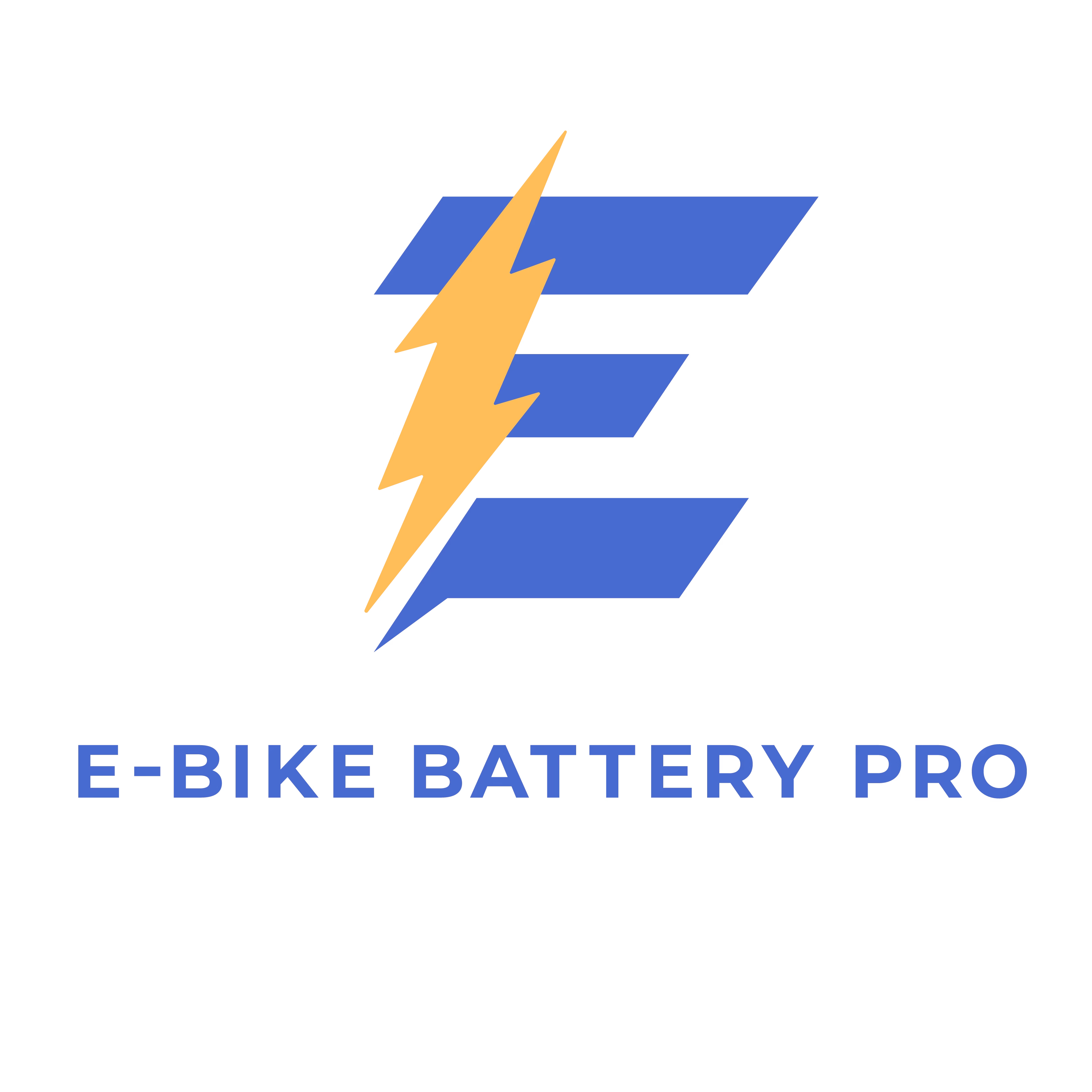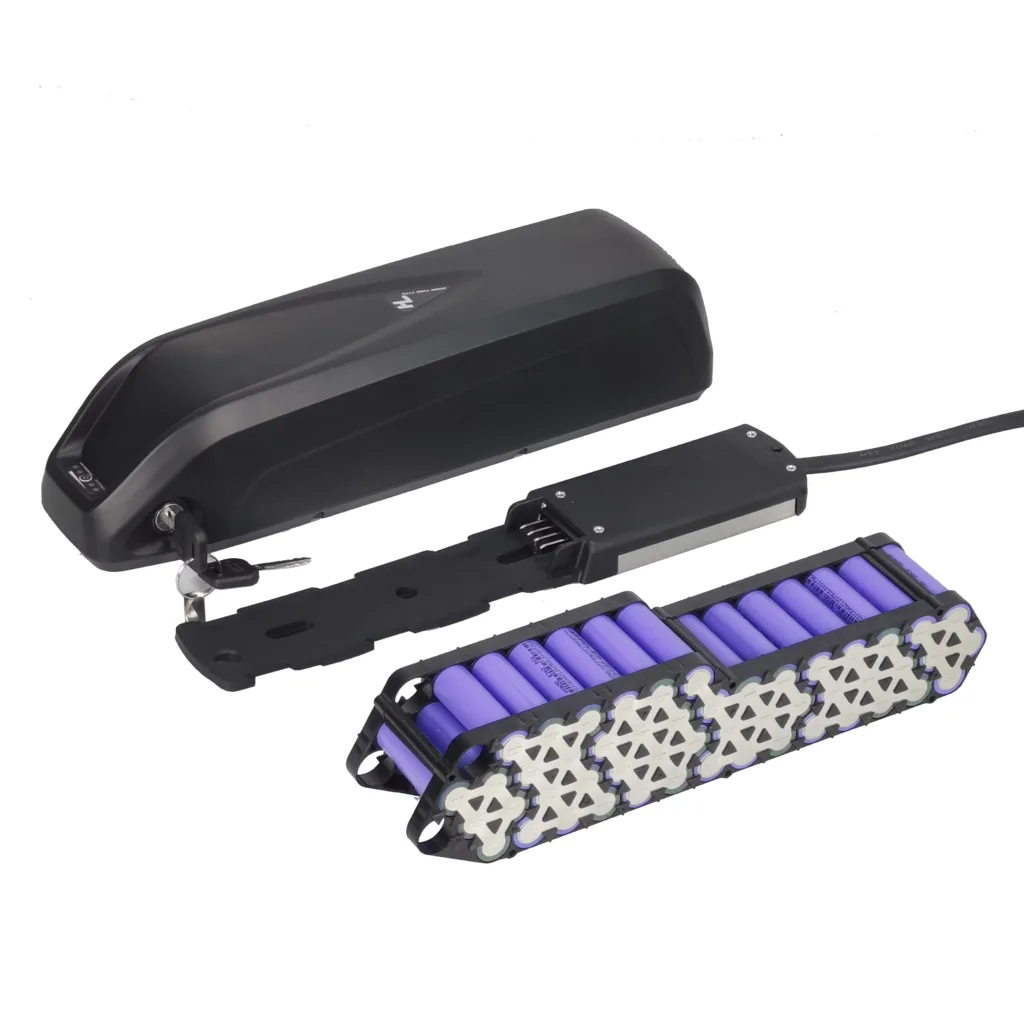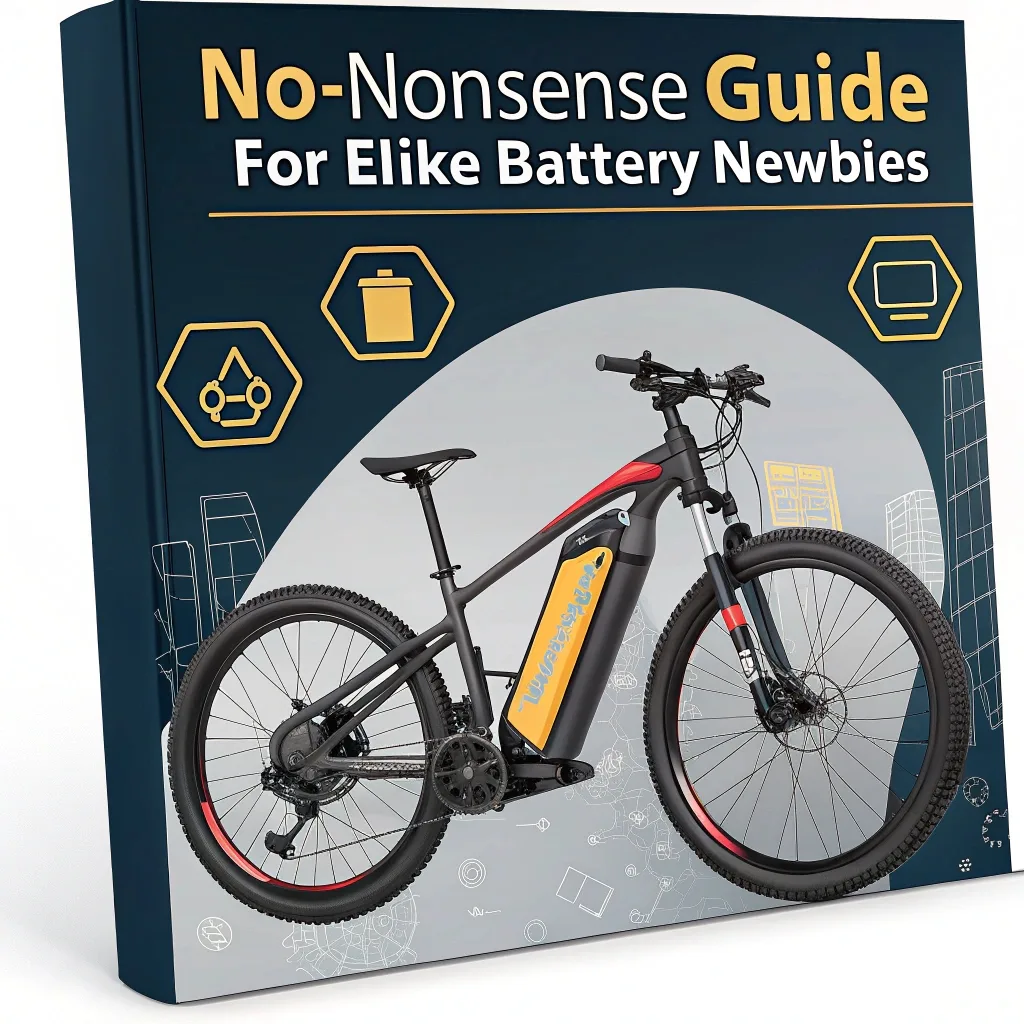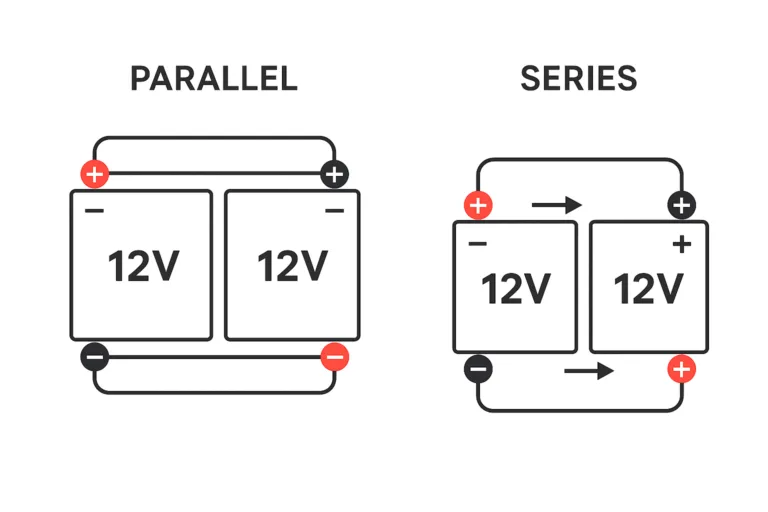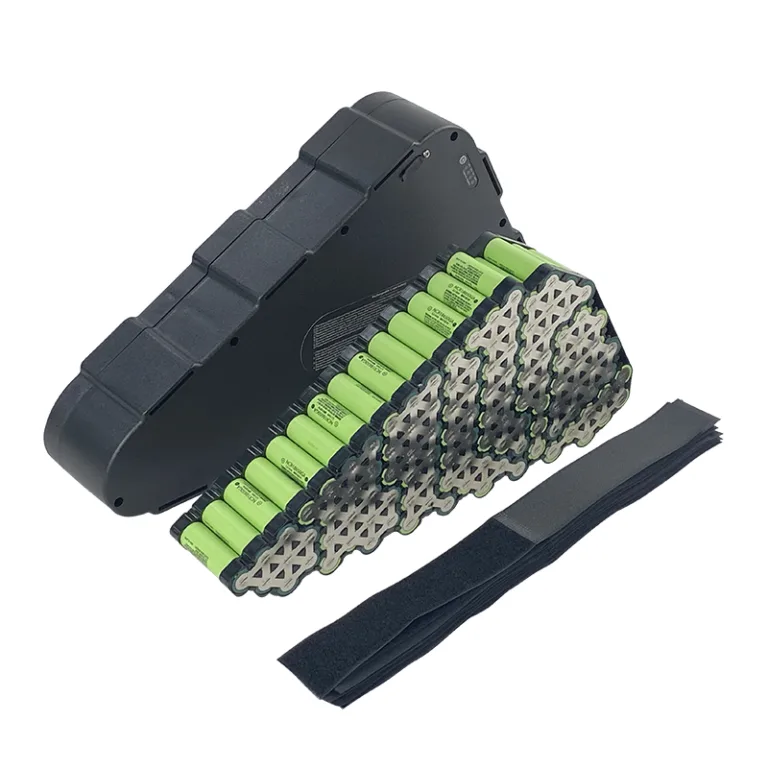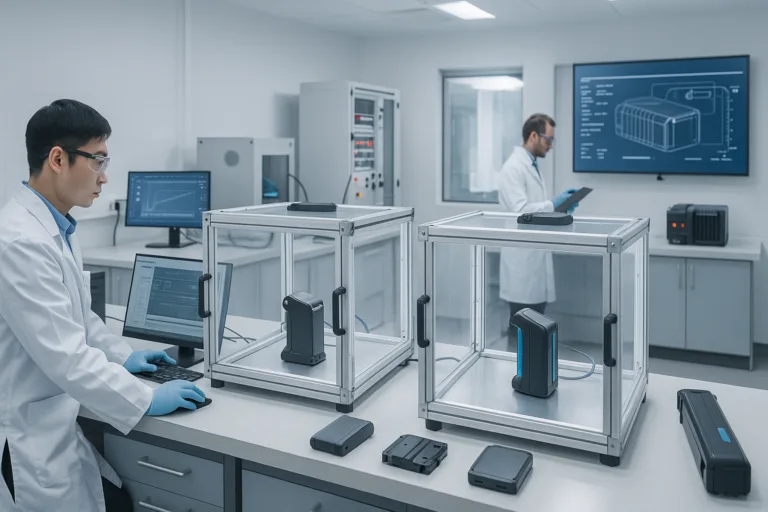
Choosing the wrong eBike battery supplier can lead to costly delays, inconsistent quality, and dissatisfied customers, ultimately harming your brand reputation.
An ideal battery supplier should offer quality assurance, customization options, global certifications, reliable after-sales support, and flexible order terms.
I learned this lesson the hard way early in my career—so here’s how to choose the right partner from the start.
What Quality Certifications Should Your eBike Battery Supplier Have?
Quality certifications help ensure the reliability and compliance of batteries in global markets.
A reputable battery supplier should have key certifications including UN38.3, CE, RoHS, MSDS, and ideally UL standards, proving battery safety and international compliance.

Dive Deeper: Key Battery Certifications Explained
To ensure reliability, look specifically for these certifications:
| Certification | Importance | Region/Market |
|---|---|---|
| UN38.3 | Safe battery transport | Global |
| CE Mark | Product safety and conformity | European Union |
| RoHS | Restricts hazardous substances | European Union |
| MSDS | Material safety data | Global |
| UL 2271/2849 | Battery safety and fire safety | North America |
Why Is Customization Capability Important in an eBike Battery Supplier?
Customization ensures your unique product requirements are fully met.
Customization capabilities enable suppliers to tailor battery designs, capacities, casings, and BMS features to precisely match your specific eBike needs.
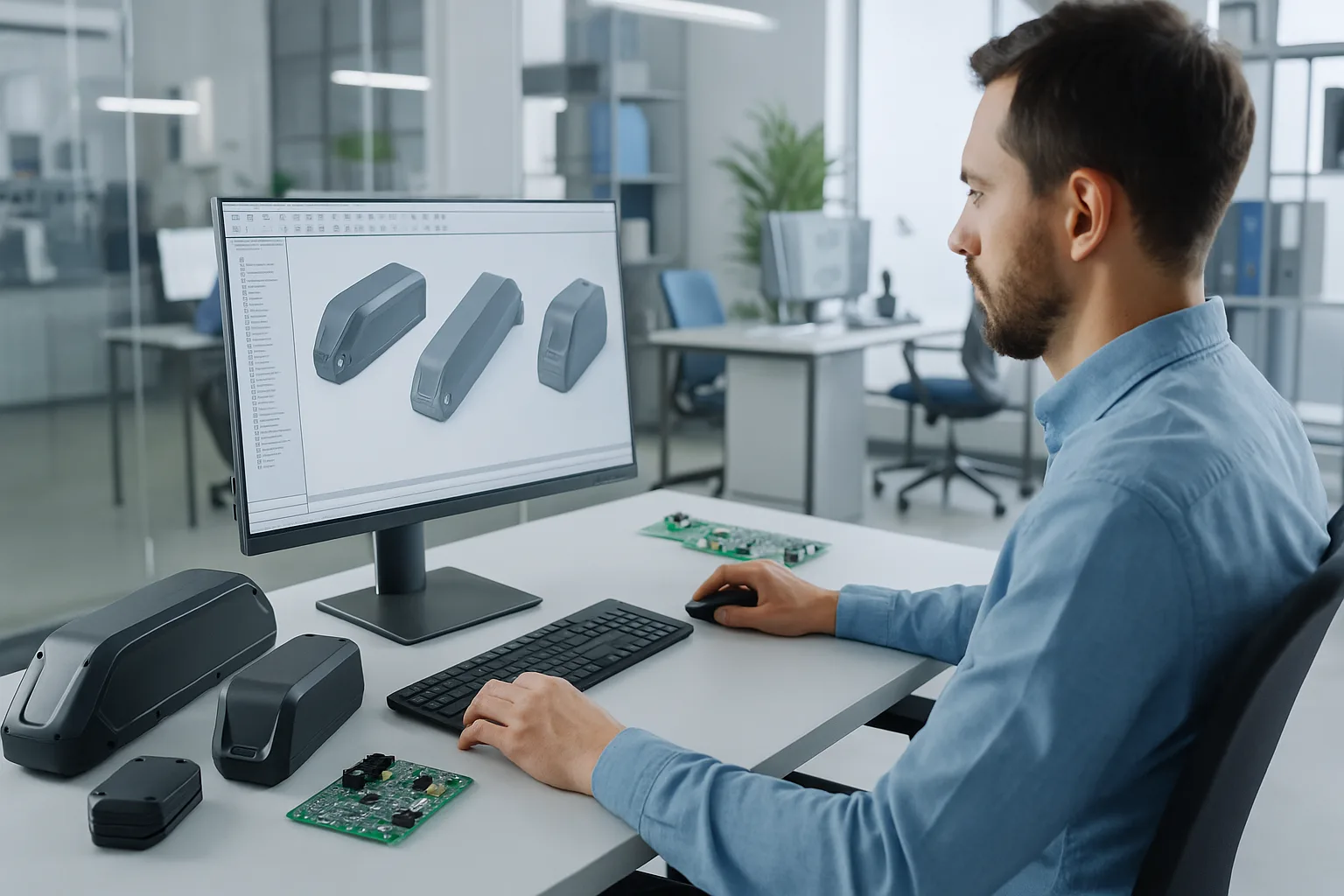
Dive Deeper: Key Customization Areas for eBike Batteries
When evaluating suppliers, verify their customization abilities:
- Battery Casing Designs: Match your eBike's aesthetics and structural design.
- Voltage & Capacity Options: Tailored to specific performance requirements.
- Battery Management System (BMS): Adjustable for precise battery safety and efficiency.
Example Customization Checklist:
- ✅ Casing branding options
- ✅ Flexible voltage and capacity configuration
- ✅ BMS customization (Bluetooth, App integration)
How Crucial Is Reliable After-Sales Support From Your Battery Supplier?
Poor after-sales support can seriously damage your brand reputation and customer satisfaction.
Reliable after-sales support means your supplier promptly addresses technical issues, warranty claims, and replacement requests, maintaining your operational efficiency and customer trust.

Dive Deeper: Evaluating Supplier After-Sales Capabilities
Ensure your supplier excels in these areas:
- Warranty Policies: Clear, customer-friendly terms.
- Technical Support: Availability of expert technical guidance.
- Replacement Policies: Efficient and transparent replacement processes.
| After-Sales Support Factors | Ideal Supplier Characteristics |
|---|---|
| Warranty Coverage | Clear and comprehensive |
| Response Speed | Within 24 hours |
| Technical Expertise | Dedicated expert support team |
Why Should You Consider Supplier Production Capacity and Lead Times?
Unexpected delays can disrupt your entire production and sales schedule.
A supplier with high production capacity and reliable lead times ensures your battery orders arrive on schedule, maintaining your own production efficiency and customer satisfaction.
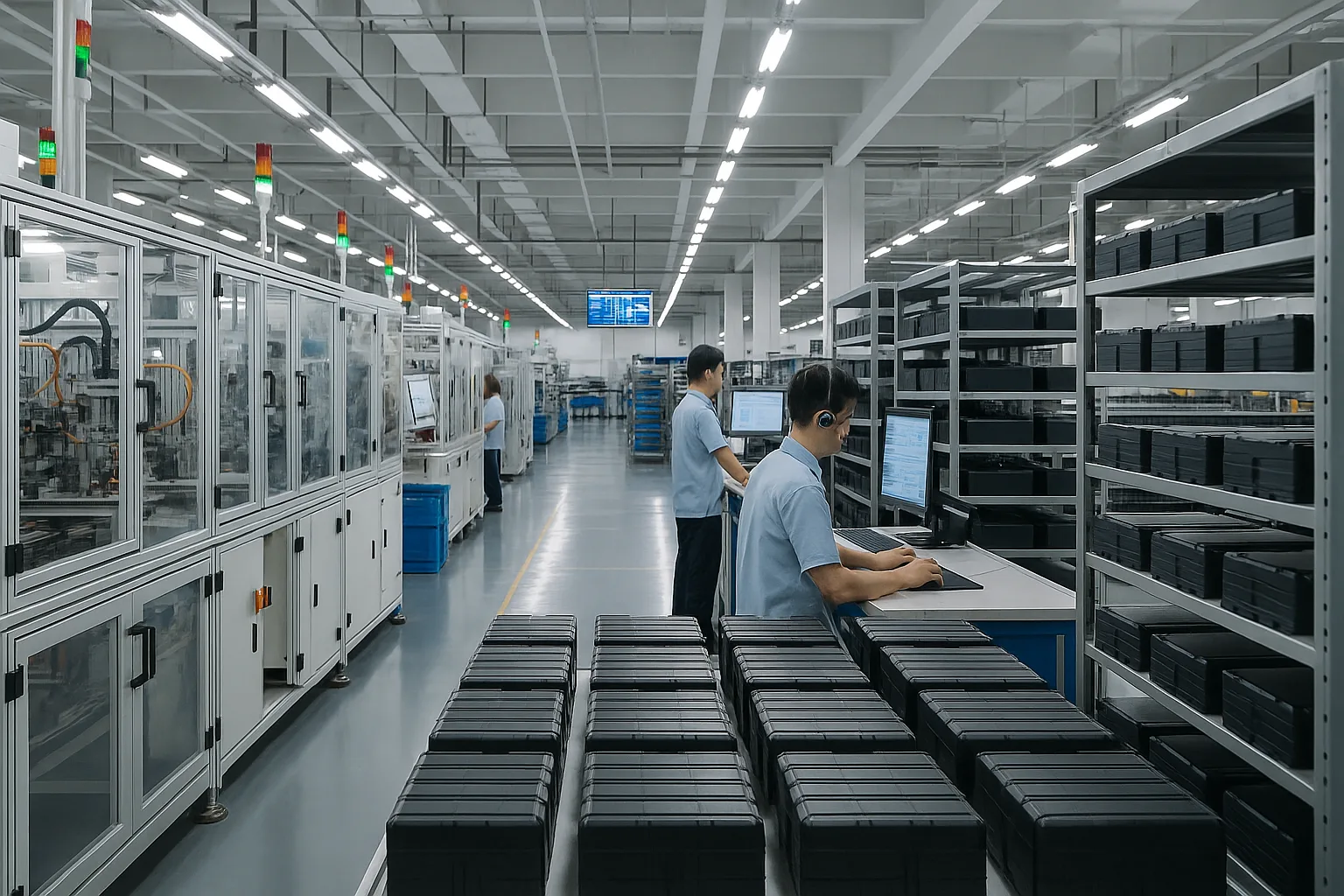
Dive Deeper: Important Production Metrics to Evaluate
Before partnering, confirm the supplier’s capabilities:
- Monthly Production Capacity: Ability to handle your projected order volume.
- Typical Lead Time: Clear timelines for both samples and mass production.
- Order Flexibility: Capability to scale orders up or down quickly.
| Production Metrics | Recommended Benchmarks |
|---|---|
| Monthly Capacity | ≥ 50,000 battery packs |
| Sample Lead Time | ≤ 7 days |
| Mass Production | ≤ 25 days |
Conclusion
Choosing the right battery supplier ensures smoother operations, enhanced product quality, satisfied customers, and sustained business growth. Take your time to evaluate carefully.
